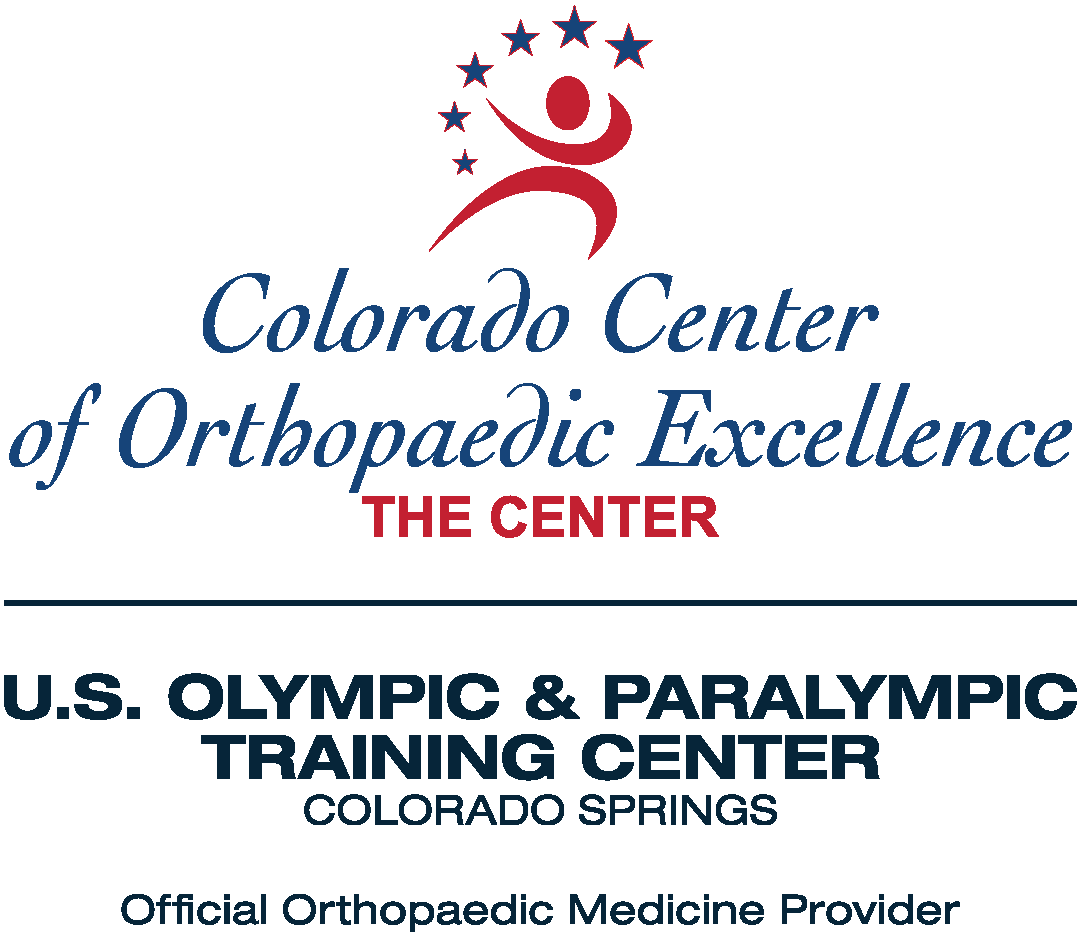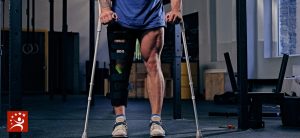Often, people with joint pain and other issues are told they are too young for joint replacement surgery because implants have a lifespan and, if performed too early, may require being redone, surgically, later. Or, they are told they are too old or have age-related medical issues might preclude major surgery.
However, thanks to medical advances, age is no longer the only factor when considering a joint replacement surgery. For example, problems such as obesity, alcoholism, and osteoporosis may prevent patients from being able to successfully undergo a joint replacement surgery, regardless of their age.
The baseline today is that if normal, day-to-day activities, body movement, and functions are impaired due to painful joints, it is time to consider joint replacement. Restoring body functionality, relieving pain and bringing life back to normal take precedence over many former solely age-based considerations.
Joint Replacement and the Age Factor
Age is one variable among other equally important ones when considering joint replacement. Each individual case needs to be assessed on its own specifics.
The decision to go ahead or not with a joint replacement surgery needs to be arrived at after careful evaluation based on accurate reasoning and evaluation. Prior to surgery, all other options should be tried.
Life needs to be lived with as much ease and independence as possible, at all ages. If joint pain or disability prevents it, and all other considerations are equal, viable surgery should be conducted regardless of the age of a patient.
In general, however, there are certain advantages and disadvantages common to each age group when it comes to joint replacement surgery.
Young Patients and Joint Replacement
Contrary to popular belief, age may disqualify a young joint-replacement candidate more often than an older one. Younger people tend to be more active and wear out their implants sooner – thus, they are more likely to need corrective (revision) surgery. Failure of an implant can cause great discomfort, pain, and impair the functionality and mobility of the affected joint. It defeats the purpose of the surgery.
Also, very young patients may not fully understand all that is involved. They need counseling, detailed explanations of their disability, any alternative therapies, the nature of the implants and devices, and pre- and postoperative care. They must know that revision surgeries will be most likely needed down the road. Doctors will often advise waiting for joint replacement surgery in such cases unless it is impairing life and causing debilitation.
But those who are older, teenagers, young adults and even children are candidates if their condition is hindering their normal lifestyle, quality, and mobility. All other factors being favorable there is no lower or upper age limit. The most important goal is to reduce pain, improve joint mobility, restore function, independence, and quality of life.
Middle-Aged Patients and Joint Replacement
Patients in their 60-80s are the most common candidates for joint replacement surgeries, as they are neither too old nor too young and have the least need for revision surgeries. The success rate among this age bracket is high, the devices are efficient, long-lasting, and safe.
Geriatric Patients and Joint Replacement
Patients in their 70s to 90s suffer the most from joint dysfunction. Their painful, weakened joints impact their independence, quality and enjoyment of life, and leisure-time activities.
That said, it is patients in this age group who find their lives transformed by joint replacement surgery.
Geriatric patients require more attentive, expert treatment and care – both before and after surgery – that also take into account any other health issues they may have. They will also need more care at home during recovery.
The qualified and experienced staff at the Colorado Center of Orthopaedic Excellence utilizes both cutting-edge therapies and traditional treatments to address a variety of orthopedic conditions. For more information on joint replacement, or to schedule a consultation, call us at (719) 623-1050 or visit us at www.ccoe.us.







